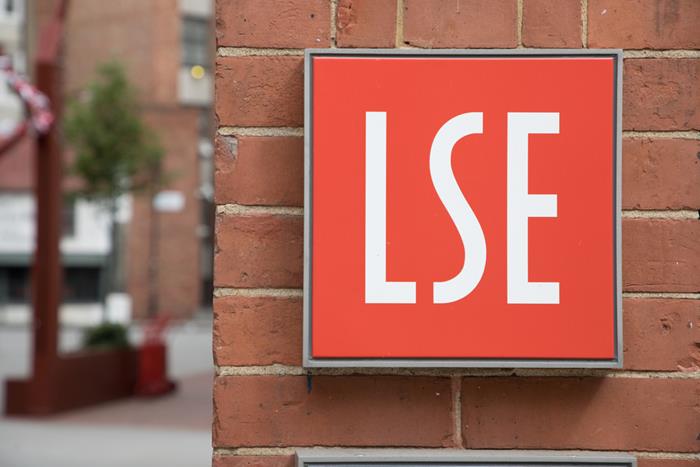The case for higher chief executive pay is “not proven”, “magical thinking” and confuses “cause and effect,” according to a leading remuneration expert.
Sandy Pepper, professor of management practice at the London School of Economics, was responding to recent calls from the City—in particular Julia Hoggett, chief executive of the London Stock Exchange—that CEO pay should rise to help support the economy and compete with US pay levels.
Writing for Board Agenda , Prof Pepper says: “But this really does look like ‘magical thinking’. It confuses cause and effect.
“The lion’s share of US CEO pay (around 80%) is provided in the form of equity-based compensation. The incentive effect of equity-based pay is the result of aligning the possibility of significant growth in compensation with the prospect of future growth in firm value. High equity-based pay should be an outcome, not an input.”
Calls for higher CEO pay have made headlines in recent months, with Hoggett leading the argument through a blog posted on the London Stock Exchange website and followed up by numerous news reports.
‘Consequences’
In the blog, Hoggett writes: “It is essential to have a constructive discussion with all stakeholders about a topic that tends to generate emotion and strong views. If the UK capital markets community chooses to remain on the current path, the consequences of that decision should be explicitly recognised and accepted.”
In recent weeks, it has emerged that London Stock Exchange Group CEO David Schwimmer, Hoggett’s boss, is being considered for a hefty pay rise that could see his pay rocket from £4.7m to £11m.
Elsewhere, UK fund managers have urged companies to be “cautious” over pay awards. The Investment Association’s David Ninian gave the advice in an open letter to FTSE 350 remuneration committee chairs. He added: “As a fundamental principle, to support higher potential pay levels, there needs to be clear alignment between pay and performance.”
Read the full article from Sandy Pepper.




